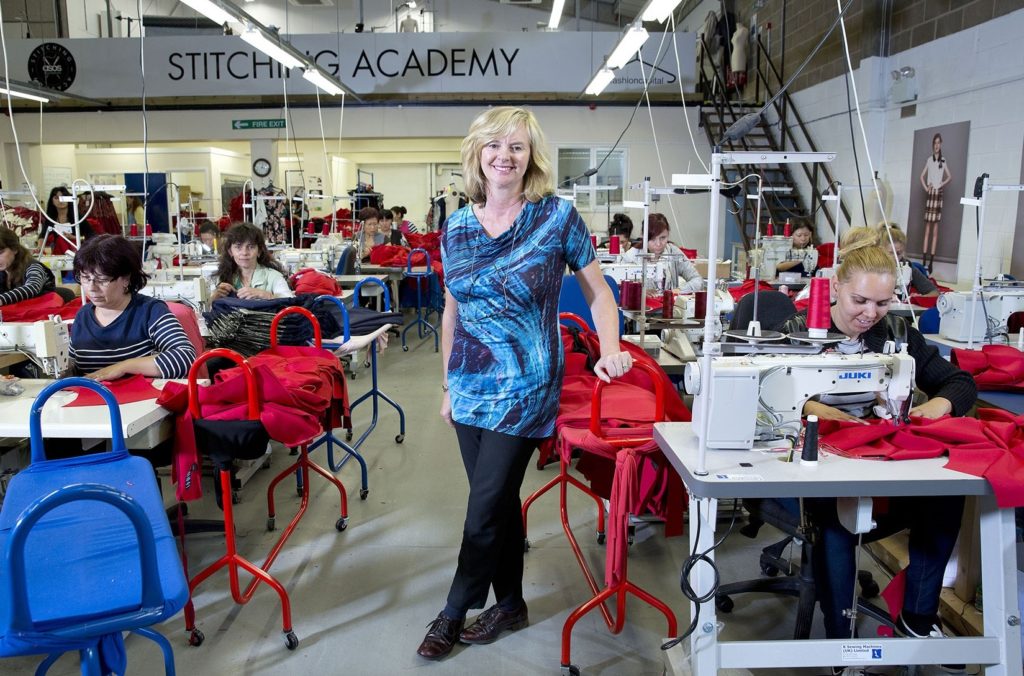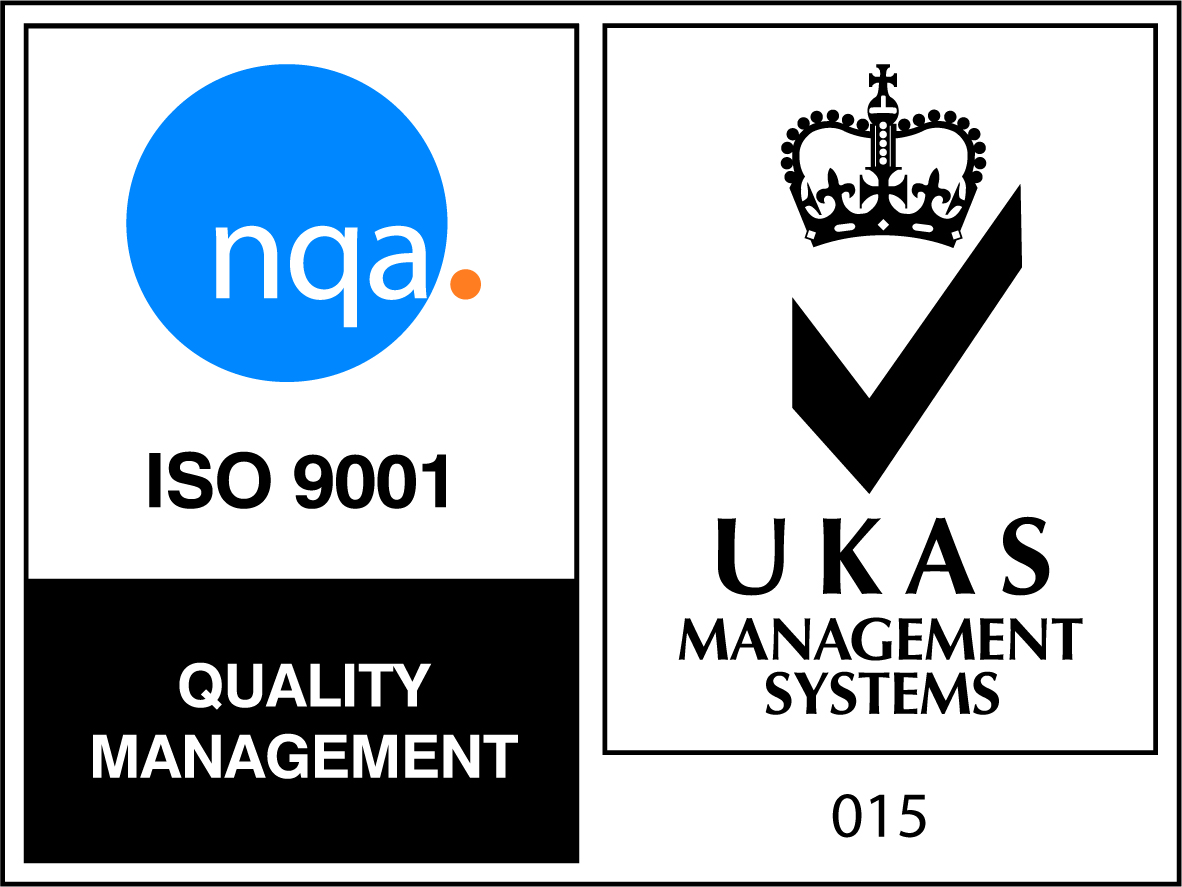What will be the key skills trends of 2019?
Recruiting and retaining the right skills remains a well-documented challenge for UK manufacturing. With Brexit looming ever closer, business leaders crucially need to secure their future talent now. What are they planning?
Despite UK manufacturing offering a higher than average salary (£32.5k), 81% of firms said they had difficulties recruiting the right staff in the last quarter of 2018, according to a British Chambers of Commerce (BCC) report published recently – the joint highest level since the survey began in 1989.
TM spoke to business leaders from a cross-range of sectors about the key strategies they are employing in order to remain resilient in the face of Brexit and tackle skills shortages that might arise in the coming year.
Overcoming the skillsgap in 2019
Jennifer Holloway, CEO at Fashion Enter, said to TM: “Recruitment is tough but that’s why we have our Fashion Technology Academy where we are training home grown talent.

Jennifer Holloway, CEO at Fashioncapital/Fashion Enter is pictured.
“With regard to Brexit, we will work with existing staff to ensure that all EU staff have paperwork support for their settlement status. Many have been with us over the stipulated five years so this is good news.”
She explains that the business has also secured funding in order to open a tailoring academy in April of this year. Holloway adds, “Skills are the way forward.”
Pam Cain, director at Marchant Cain, said: “We have started to use Talentvine to recruit. It is similar to a job site but it collates CVs from many sites. It has proven very successful so far.”
Troy Barratt, MD at Contracts Engineering Limited, told TM: “We will continue our annual apprenticeship programme. We have had great success at bringing in fresh young talent and training them technically, and allowing them to help drive our company culture forward.”
“A lot of progress has been made in bridging the skills gap over the last 12 months and I’m proud to say that Shropshire appears to be leading the way,” Gareth Jones, joint MD of In-Comm Training said.
Jones continued: “Our focus has always been on making the training and skills provision employer-led, placing the emphasis on companies to shape the apprenticeships and upskilling courses that we deliver. It is an approach that appears to be working, with a record number of young people starting their careers with us at one of our technical academies.”
Though he adds, “This is just the start.” Continuing: “The next challenge for 2019 is to ‘engage the disengaged’, the companies who bemoan the skills gap but do very little to solve it. A big task and one that has become more vital with the onset of Brexit putting into question migrant labour and how firms can manage their staff numbers to deliver sustainable growth.”
Sophie Boothroyd, finance director at Corbetts the Galvanizers, one of the UK’s longest established hot dip galvanizers, explains:“There has been a lot of discussion about what the next 12 months will bring UK manufacturing and most of it focuses around uncertainty and Brexit.”
She says that such factors can’t be controlled, so the company’s approach “is very much about focusing on what we do best and how we can continue to win new business.”
Boothroyd continued: “The capacity is there with the recent investment and the extended management team giving us the perfect platform to grow by 15% in 2019, creating 30 new jobs in 2019.”
She adds: “The only real concern with Brexit is the free movement of people given the vast majority of our staff on the shop floor are Eastern Europeans.”

